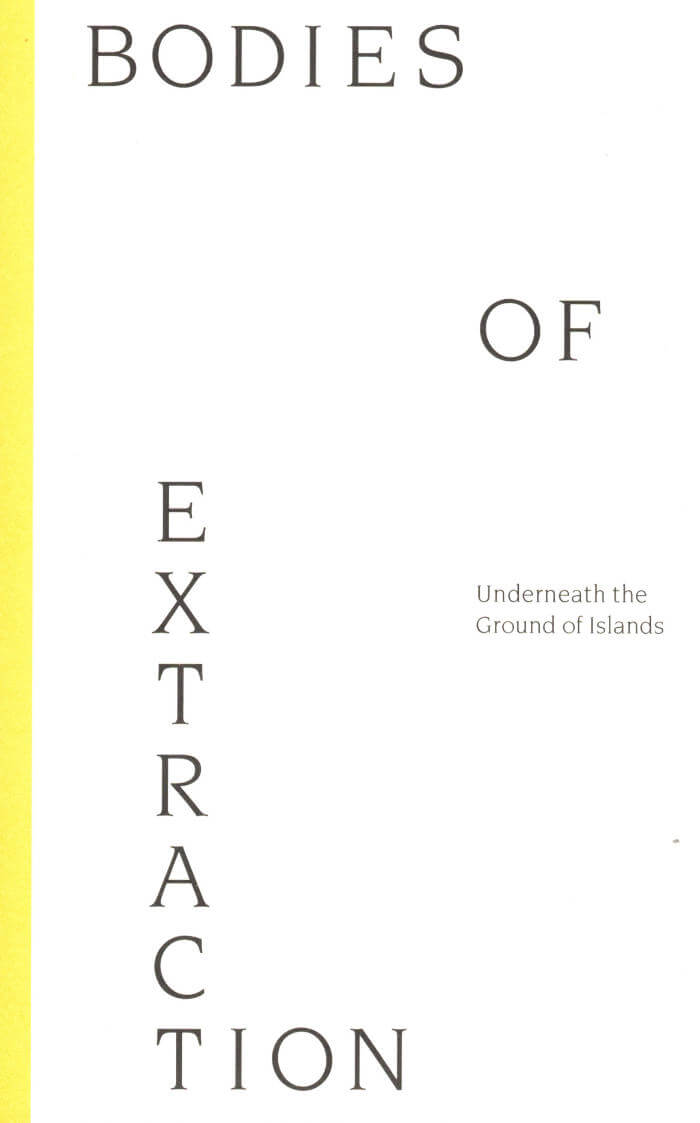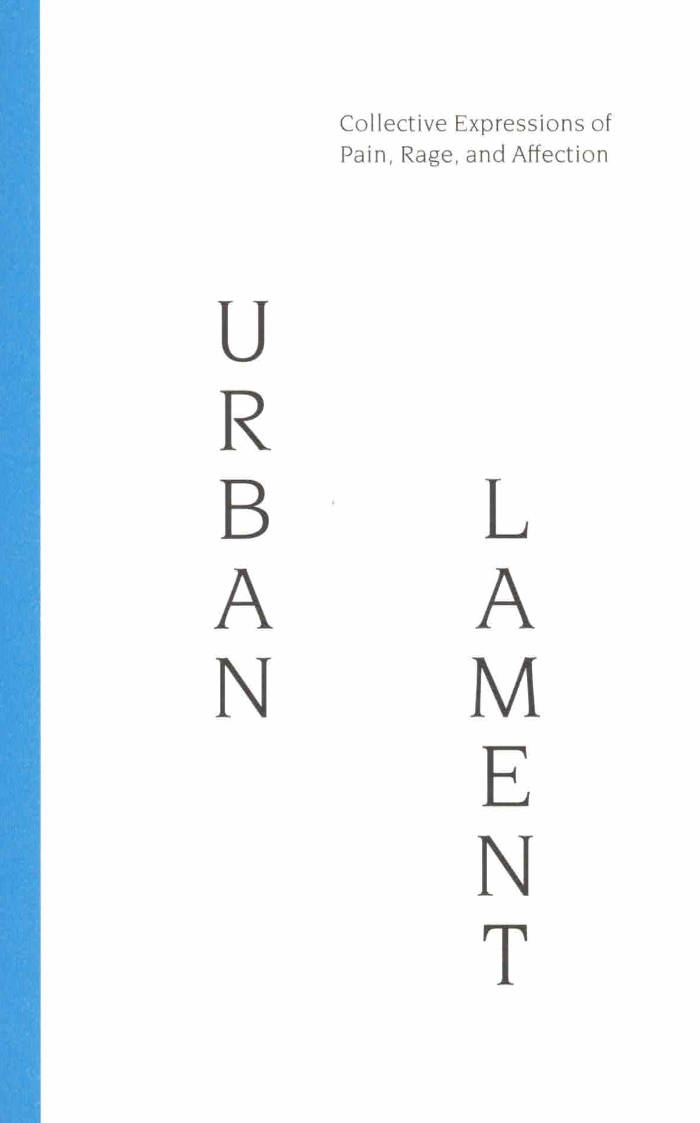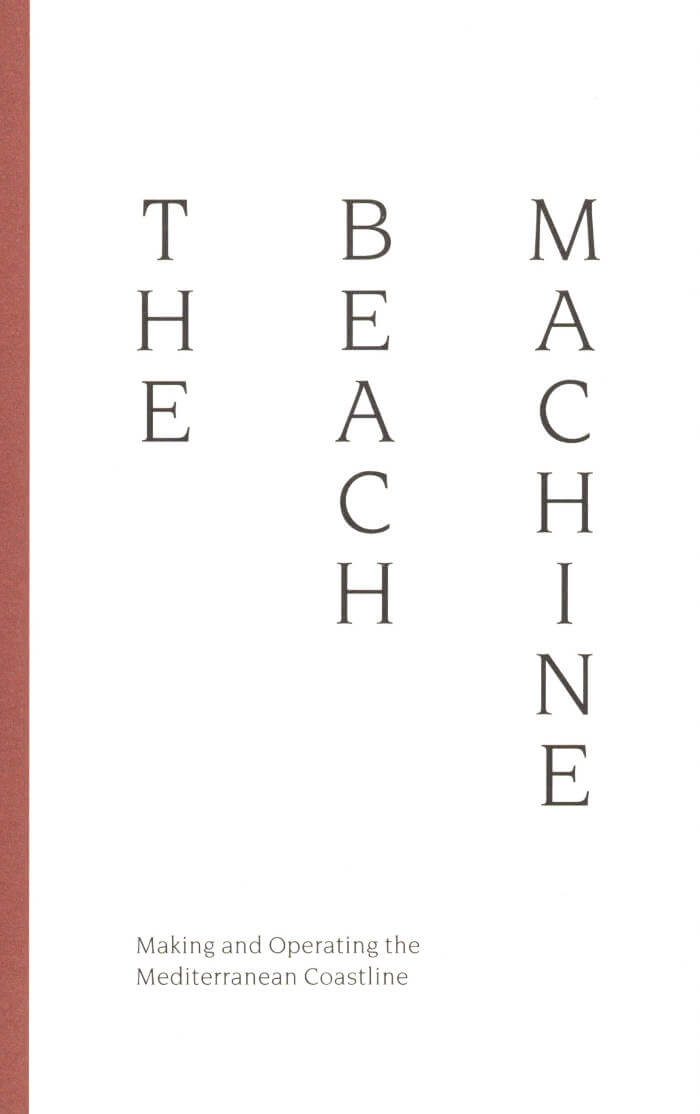
The Architect is Absent
Dimitra Kondylatou, Nicolas Lakiotakis, Hulya Ertas, David Bergé
The white cubical house, the vernacular architecture in the Aegean Archipelago, knows no author. Its capacity to resist harsh climatic and topographic circumstances has been improved and adjusted through time and seems today close to perfection. The white-washed Cycladic House has become iconic to the image of Greece through the construction of national and tourism narratives. What happens when an architect steps into this process of anonymous transmission of skills? In 1966 music composer, architect, and engineer Iannis Xenakis articulated a response to this tradition and designed, from his base in Paris, a holiday house on the island of Amorgos while choosing to remain absent throughout the construction process.
CONTENTS
Constructing through Absence
by Hulya Ertas
Meteorites
by Mâkhi Xenakis
Summer Home for François-Bernard Mâche by Iannis Xenakis, 1966–74
by Sharon Kanach
Villa Mâche: a harsh hijack against the space of the sun
by David Bergé
Traveling to the Cyclades: Modernist Projections
by Dimitra Kondylatou
Iannis Xenakis, Selected Projects from Critical Index
by Sven Sterken







